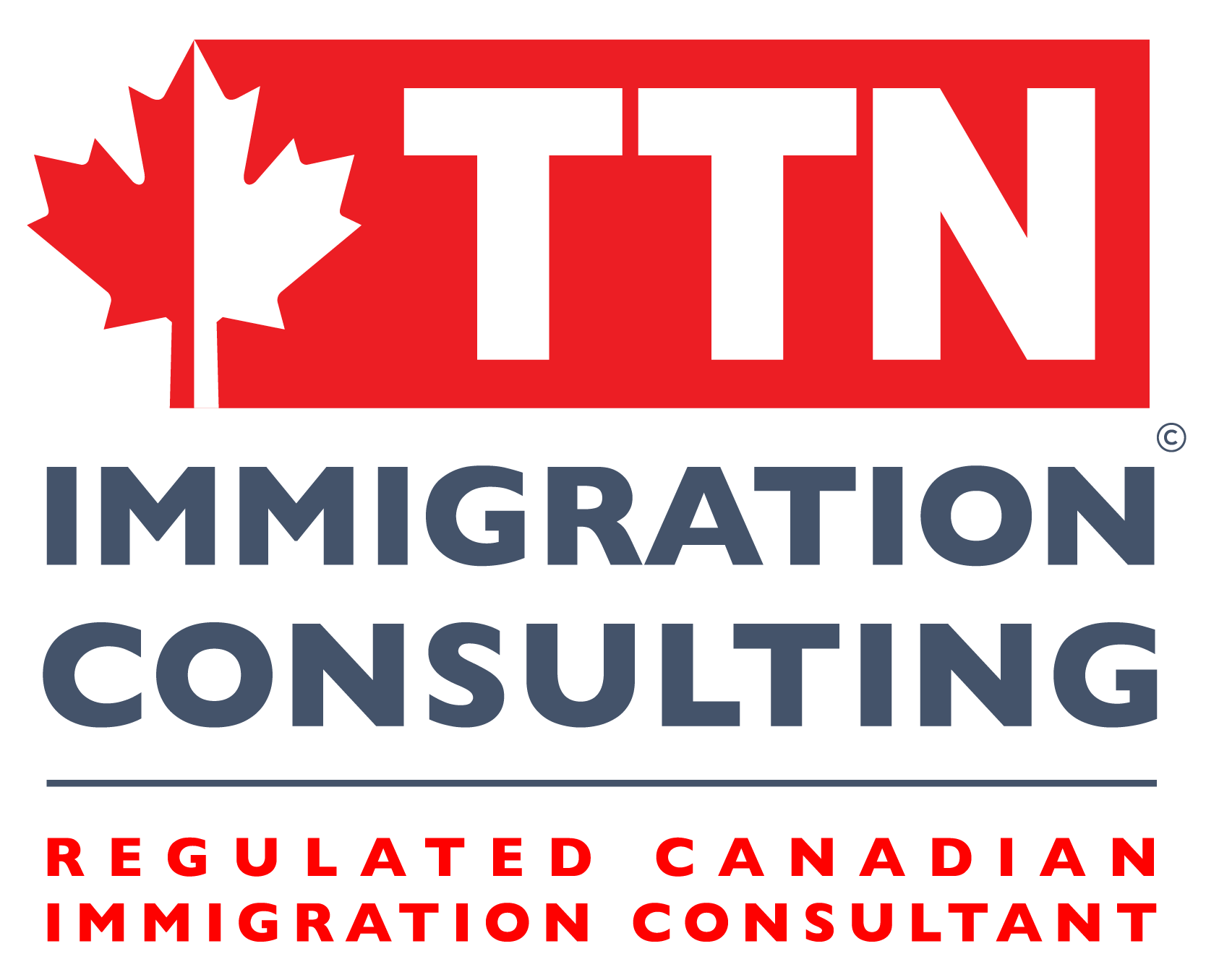Canada: What is a Provincial Attestation Letter?
Following protestations from sector leaders about a lack of specific information surrounding Canada’s cap on international study permits, the government has been continuously providing further clarifications on provincial attestation letters, PGWPs and spousal work rights.
With a lot of different new terms in the mix, let us learn about these new rules together.

What is Provincial Attestation Letter (PAL)?
Applications from international students submitted after January 22 are now required to be accompanied by a provincial attestation letter as part of their study permit application. This document, referred to as the PAL by Immigration, Refugees and Citizenship Canada, serves as evidence that the student has been considered within the allocation limit of each province or territory.
On February 21, a government representative verified that every province and territory has received their allocation cap details in a correspondence from Immigration Minister Marc Miller. However, specific cap numbers were not disclosed. Provinces and territories have been instructed to establish a plan for distributing these letters by the end of March. Additionally, the government confirmed that a revised version of the certificate d’acceptation du Québec pour études would function as a Provincial Attestation Letter (PAL).
Those exempt from requiring a PAL include K-12 students, as well as master's or doctoral degree students, visiting or exchange students staying in Canada for less than six months. However, those who fall into these categories will require a PAL. Additionally, in-Canada study permit holders and their family members are also exempt from needing a PAL. dưới sáu tháng sẽ cần PAL – và những du học sinh có giấy phép học tập ở Canada và gia đình của họ sẽ được miễn.
Provinces and territories are scheduled to commence issuing PALs by early April 2024. Nonetheless, industry leaders have cautioned about the negative impact on students who intend to study in Canada but have postponed their plans until provinces finalize their allocation details.
Alain Roy, the vice president for international partnerships at Colleges and Institutes Canada, cautioned that this situation could result in a negative perception of Canada as an international study destination. Roy's warning follows a recent survey indicating that 80% of potential students are concerned about the government's limitations.
work permit
Under the cap, new students who enroll in public-private partnership college programs, where public colleges license their curriculum to be delivered by a private college, will no longer qualify for a post-graduate work permit.
Concerns have been raised regarding the quality of education, inadequate student support, and lack of oversight at these institutions, and the IRCC expects that the new restrictions will result in a decrease in the number of international students enrolling in public-private partnerships.
Additionally, spouses and partners of international students who enroll in undergraduate and college programs will no longer be eligible for work permits. However, spousal work rights will still be applicable to master's and doctoral students, as confirmed by the government.
Masters graduates
Although the immediate effects of Canada's policy changes may pose challenges, sector leaders expressed optimism about the country's long-term positioning as a welcoming destination for student immigrants during a recent webinar.
In acknowledgment of the valuable contributions of international master's students to Canada's labor market, graduates of master's programs lasting less than two years are now eligible for a longer three-year Post-Graduation Work Permit (PGWP). The duration of PGWPs for programs other than master's degrees will remain aligned with the length of the study program, up to a maximum of three years.
Source: https://ttnimmigration.ca/vi/en/canada-thu-xac-nhan-cua-tinh-bang-la-gi/
